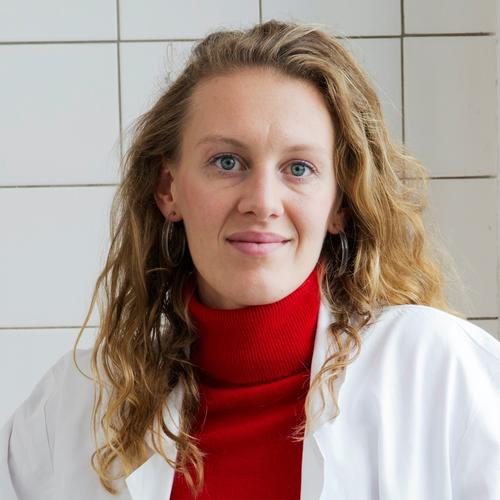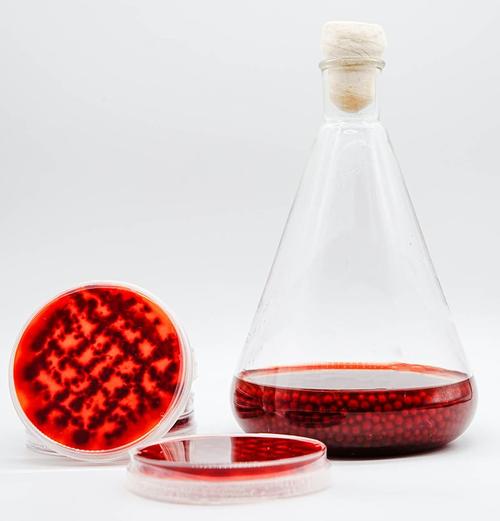Friederike Hoberg
Hoberg researches natural colors and pigments from fungi at the Department of Applied and Molecular Microbiology at the TU Berlin. She is particularly interested in the optimized production and sustainable extraction of these dyes and pigments.
May 28, 2024
Colors are everywhere. We find them in the clothes we wear, the cosmetics we use, and the food we eat - we take them for granted. Most of the dyes used are of synthetic origin, which are attractive for dyeing due to their color intensity and longevity, but are based on non-renewable petroleum products and are predominantly toxic or carcinogenic. Both the production, the dyeing process and the use therefore pose health risks to mankind. In addition, dyes and pigments are often released into the environment with industrial wastewater, where they remain due to their longevity and thus cause massive damage to nature and the present ecosystem. Due to political bans and social rethinking, the demand for natural alternatives has grown enormously in recent years. Fungi (and microorganisms in general) are becoming the focus of attention as natural producers of various pigments and dyes.
In her PhD project, Friederike Hoberg is focusing on azaphilones, a chemical family of natural products that are attracting more and more attention due to their structural diversity as well as their biological properties and show a high application potential in various industries. In particular, some species of the genus Monascus produce a mixture of yellow, orange and red azaphilones in a single biosynthetic pathway. The aim of Hoberg's work is the color-directed production of specific azaphilones to avoid complex separation processes. To this end, she uses genetic and metabolic engineering methods. In addition, a sustainable and effective extraction process is to be developed and upscaled production investigated.
With a Bachelor's degree in Chemistry from the University of Münster, where she already analyzed synthetic dyes, and a Master's degree in Biological Chemistry from the Technical University of Berlin with a specialization in molecular fungal research, Friederike Hoberg's dissertation topic represents the synergy of both research areas.


